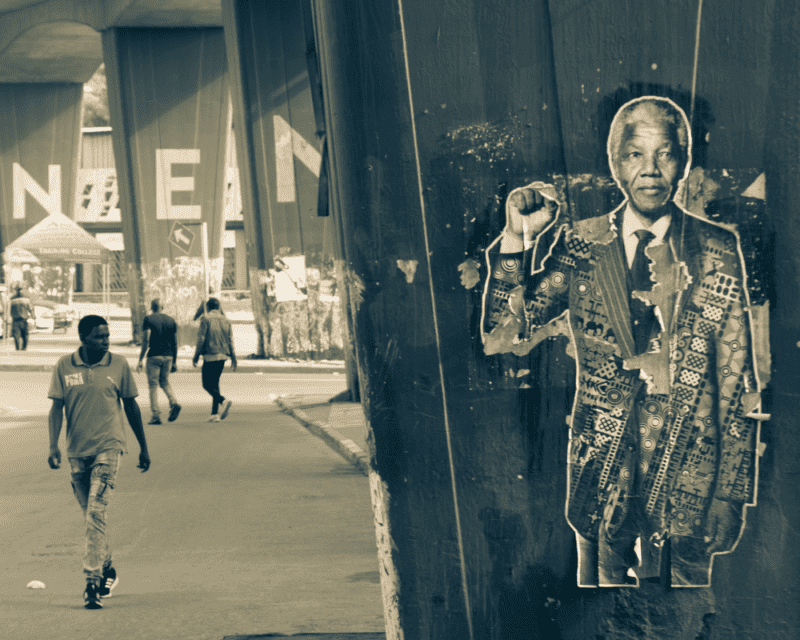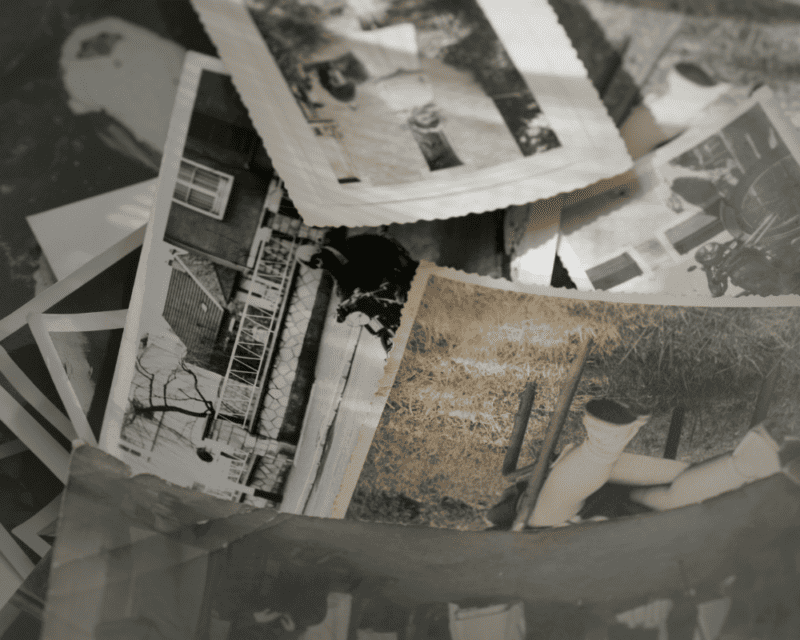In a world shaped by diverse cultures, historical events, and shared narratives, the concept of collective memory holds significant relevance. Collective memory, often described as the reservoir of knowledge and beliefs held in common by a group of people, serves as a crucial element in shaping individual and societal identities. By delving into the psychology, historical impact, cultural significance, challenges, preservation efforts, and future trajectory of collective memory, we can gain a deeper understanding of its profound influence on humanity’s tapestry of experiences. We’ll explore links of Mandela’s profound impact on collective memory, exploring how his legacy has shaped global perceptions of justice, equality, and leadership.
The Psychology of Collective Memory

The psychology of collective memory delves into how shared recollections and beliefs shape individual and group identities. One intriguing phenomenon within this realm is the Mandela effect, where a large group of people collectively misremembers an event or detail. Named after the widespread false memory of Nelson Mandela’s death in the 1980s, various examples of “Mandela effects” highlight the malleability of collective memory and the impact of social influence on individual recollection. From remembering the incorrect spelling of popular brands to misidentifying popular images, the phenomenon underscores the complex interplay of cognition, social dynamics, and cultural narratives in shaping the memories that contribute to our understanding of the past and present.
Moreover, the study of collective memory psychology reveals the significance of storytelling in perpetuating shared memories and constructing historical narratives. As individuals engage in the retelling of stories and the consumption of media representations, they contribute to the ongoing evolution of collective memory. The interweaving of personal experiences, societal influences, and cultural contexts underscores the intricate nature of collective memory, emphasizing the interconnectivity of human experiences and the dynamic processes through which memories are formed and perpetuated.
Historical Events and Collective Memory
Historical events have a profound impact on collective memory, often leaving indelible imprints that shape the perspectives and attitudes of entire societies. Case studies such as World War II, the Civil Rights Movement, and the moon landing exemplify how these events have become ingrained in collective memory, shaping cultural narratives and influencing subsequent generations.
Nelson Mandela’s biography is a testament to the power of activism and sacrifice in the face of injustice. Born in 1918 in rural South Africa, Mandela’s early life was marked by the systemic racism of apartheid. His involvement in the African National Congress (ANC) and subsequent imprisonment for 27 years crystallized his status as a symbol of resistance against oppression. Mandela’s release from prison in 1990 and his subsequent election as South Africa’s president in 1994 marked a watershed moment in history, signaling the end of apartheid and the dawn of a new era of democracy.
The stories and media representations surrounding these events not only preserve historical facts but also contribute to the construction of collective memory, reflecting the values and perspectives of the societies in which they are embedded.
Cultural Significance of Collective Memory
Within the cultural landscape, collective memory exercises a powerful influence, permeating traditions, customs, and rituals. It informs cultural practices and reinforces communal bonds, serving as a repository of shared experiences and wisdom. Furthermore, the transmission of collective memory across generations fosters a sense of continuity and belonging, facilitating intergenerational communication and understanding within families and communities. As such, the preservation and articulation of collective memory are integral to sustaining cultural heritage and fostering a sense of shared identity.
Challenges and Controversies
While collective memory holds immense potential for uniting communities and preserving cultural legacies, it is not immune to challenges and controversies. Misinterpretation and manipulation of historical events can lead to the distortion of collective memory, fueling conflict and discord within societies. Conflicting narratives often emerge, showcasing the complex and dynamic nature of collective memory, as diverse perspectives vie for recognition and validity. Navigating these challenges requires a nuanced approach that acknowledges the multiplicity of experiences and seeks to promote an inclusive and accurate portrayal of history.
Preserving Collective Memory

Efforts to preserve collective memory encompass a range of initiatives, from the preservation of physical artefacts in museums and archives to the digitization of historical records and oral traditions. These endeavours serve to safeguard diverse narratives, ensuring that the richness of the human experience is preserved for future generations. By leveraging technological advancements, such as virtual reality and digital storytelling, organizations and communities can create immersive experiences that bring collective memory to life, engaging audiences in meaningful ways.
Future of Collective Memory
In an increasingly interconnected and digital world, the future of collective memory is poised to undergo remarkable transformation. Technology and globalization have the potential to facilitate the sharing of diverse narratives and amplify voices that were previously marginalized. However, this evolution also presents challenges, as the proliferation of information and the rapid pace of change may impact the formation and preservation of collective memory. It is imperative to critically examine the implications of these developments and work towards cultivating an inclusive and accessible collective memory landscape that reflects the diversity of human experiences.
Collective memory serves as a testament to the interconnectedness of human experiences, encapsulating the triumphs, struggles, and aspirations of societies throughout history. By recognizing its profound influence, we can strive to foster an environment that respects and preserves diverse narratives, promoting empathy, understanding, and unity. As we navigate the complexities of collective memory, it is essential to acknowledge the significance of accurate representation, inclusive storytelling, and ongoing dialogue, laying the foundation for a shared memory that celebrates the mosaic of human experience.
As we reflect on the intricacies of collective memory, we are reminded of the enduring power of storytelling and the responsibility we bear in shaping the narratives that define our shared humanity.
